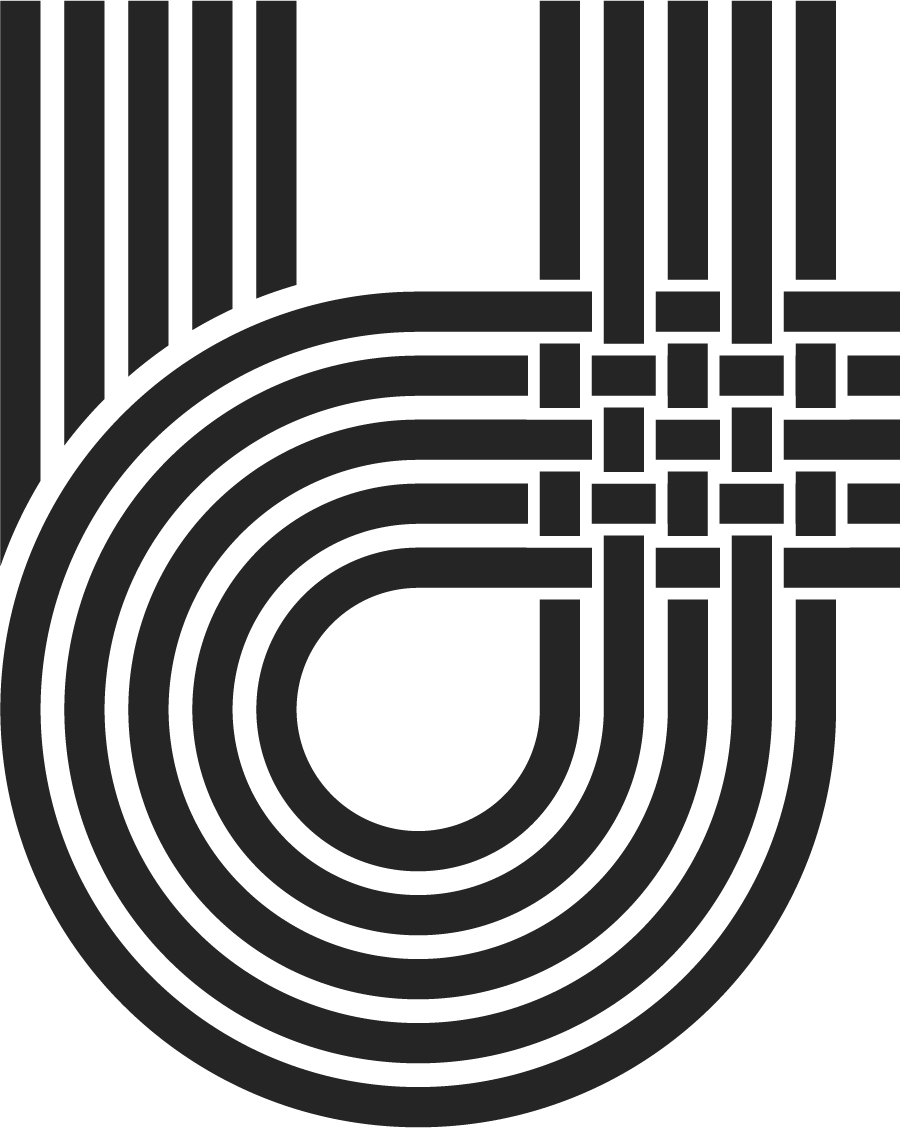Background
-
Unity Week NZ is observed annually from 15 to 21 March.
This important week coincides with two United Nations international observance days:
15 March – International Day to Combat Islamophobia and the anniversary of the 2019 Christchurch Mosque attacks.
21 March – International Day for the Elimination of Racial Discrimination
(observed in Aotearoa New Zealand as Race Relations Day).
These global observances provide a powerful backdrop to Unity Week NZ, reinforcing the importance of reflection, inclusion, and collective action against hate and discrimination.
-
The name “Unity Week NZ” is reflective of our understanding of “Ko Tātou, Tātou - We Are One”
We are inspired by the Māori whakataukī: “Whiria te tāngata (Weave the people together)”, and the Quranic phrase “Waallafa bayna quloobihim” (which speaks to the concept of bringing hearts together), which beautifully capture our vision and intention.
Fostering a strong, inclusive sense of “us”, Unity Week is about cultivating belonging and building a society where everyone—regardless of physical attributes, ethnicity, or beliefs—feels valued, respected, included, and empowered to support and stand up for one another.
The week is a chance to:
Build cultural literacy through connection and learning
Extend our networks beyond familiar circles
Celebrate racial and ethnic diversity
Highlight the strengths and contributions we each bring
Encourage unity through shared action and understanding
Unity Week NZ invites everyone—regardless of age, religion, or ethnicity to dedicate time and energy to truly see one another, to connect with empathy, and to affirm our shared humanity. -
Unity Week NZ is observed as a way to honour the victims and survivors of the horrific Christchurch Mosque attacks on 15 March 2019 and to carry forward the spirit of compassion, solidarity, and aroha (love) that followed the tragedy.
Since the March 15 attacks, many have asked how we can nurture and build on the powerful sense of solidarity that was felt in their aftermath.
The response of the Sakinah Community Trust has been to establish Unity Week NZ. Through it’s series of events, we aim to:
Pay tribute to the lives lost and those impacted.
Counter division by fostering empathy, inclusion, and positive relationships across communities.
Encourage reflection with the hope that individuals, families, communities and leaders renew their commitment to building a safer and more united society.
Support healing for those directly affected, while keeping the lessons of 15 March at the forefront of peoples’ minds.
In essence, Unity Week NZ exists to transform our individual and collective grief into a lasting legacy of hope, resilience, and unity, ensuring that compassion continues to guide New Zealand forward.
-
Understanding – Embrace diverse perspectives and approach one another with patience, empathy, and a willingness to learn.
Nationhood – Recognise that we are more than individuals; we are part of a greater whole, bound by mutual responsibility, respect, and a shared goal of creating a better future. Our collective destiny is shaped by the contributions of all.
Integrity – Uphold honesty, fairness, and respect, ensuring that every voice is valued in the pursuit of a cohesive and harmonious society.
Trust – Build openness and transparency that empower participation without fear of discrimination. Just and equitable systems and institutions are vital to healing historical and personal divides.
You – Acknowledge that unity begins with personal responsibility and everyday actions.
-
Step beyond your comfort zone to learn, listen, and embrace new perspectives.
Turn good intentions into meaningful action by coming together in unity, knowing that true connection takes time and effort.
Take pride in the compassion shown after the Mosque Attacks, while recognising that unity requires ongoing commitment to prevent future harm.
Acknowledge the pain caused by historical and ongoing injustices. Unity does not dismiss this hurt; it asks us to trust in humanity and choose our own path and pace toward healing.
Share the spirit of Unity Week across communities, Aotearoa and the world, helping to build a culture of respect and belonging that lasts well beyond this week.
-
Check out the Ideas and Resources tab for some great suggestions!
The women behind Sakinah
-

Dr Hamimah Ahmat
-

Ambreen Naeem
-

Salwa Mohamad
-

Raesha Ismail
-

Farhiya Abdukadir
-

Dr Kiran Munir
-

Angela Armstrong

